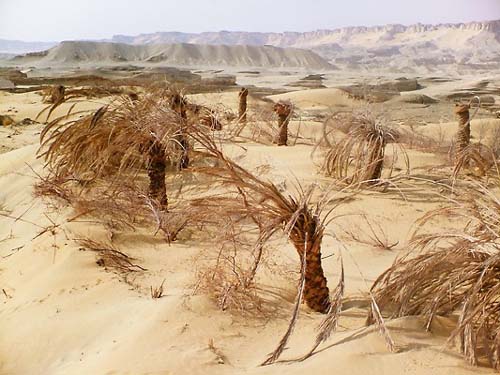Late last night I met with Brad Phillips, director and founder of Persecution Project Foundation (PPF). As we talked for the first time face to face I was put at ease for the first time since the trip began of what we were about to do. Brad described how we would fly from Nairobi the following morning to a town in northern Kenya called Lokichoggio (Loki) and from there we had chartered an Antanov 24 that would fly us in to Darfur. We would be landing at a place called Ja
 ach.
ach.Brad Phillips and PPF have been involved in Sudan since the 1990s. Friends with the late Sudanese leader John Garange, Brad has been involved in supplying aid and water to South Sudan since the time of their civil war with Northern Sudan and it was through those connections in Sudan that he was introduced to the Jaach refugees five years ago. Since then, Brad has spent much of his time and resources providing food and clean water for the hundreds of thousands of people that have congregated in Jaach.
Historical note: Sudan has been engulfed in civil warfare since granted independence from Great Britain in 1953. Divided by two warring ethno-religious groups – the Muslim Arabs in the North and the Christian/Anamist Dinkas in the South – have struggled to maintain a balance of power since that time. Although a cease-fire was established in 2005 called the
 Comprehensive Peace Agreement, the conflict still goes on. Most recently, this conflict has spread to include all of Darfur, and this is the place that has seen the most violent and horrific examples of violence in Sudan’s history.
Comprehensive Peace Agreement, the conflict still goes on. Most recently, this conflict has spread to include all of Darfur, and this is the place that has seen the most violent and horrific examples of violence in Sudan’s history.When Brad was first introduce to the area he described the gruesome experience of sleeping at night surrounded by the noises of people as they died from lack of water. By the hundreds he said, every night you could only hear coughing, screaming, crying and death. To go from a place where death was the reality to a thriving town has been a radical transformation in only five years, and it has occurred because of the 12 water wells (bore-holes) that have been built since 2005. It is amazing to recount how 12 water wells - each costing about $30,000 – could literally save hundreds of thousands of peoples lives. Today about 65,000 people live in Jaach, it is a thriving community with the promise of a government outpost in the near future!



